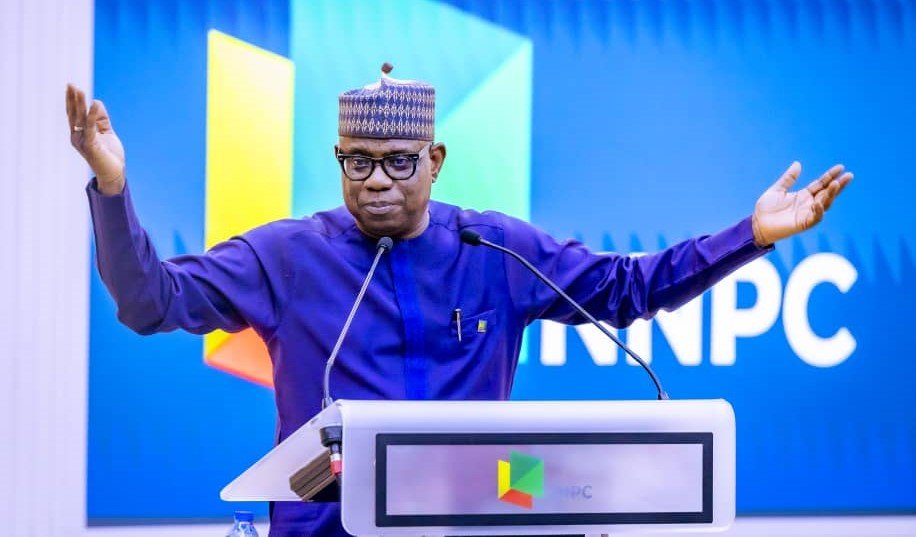CONFUSION has gripped Nigeria’s oil and gas sector following reports that Bayo Ojulari, the Group Chief Executive Officer of the Nigerian National Petroleum Company Limited (NNPCL), was allegedly forced to sign a resignation letter late Friday night under pressure from operatives of the Economic and Financial Crimes Commission (EFCC), News Point Nigeria gathered.
According to multiple unconfirmed sources, the purported resignation was orchestrated without presidential approval and was overseen by EFCC Chairman Ola Olukoyede and the Director-General of the Department of State Services (DSS), Adeola Ajayi.
However, the Presidency swiftly denied the reports, with Special Adviser on Information and Strategy, Bayo Onanuga, asserting on Saturday that Ojulari remains the substantive GCEO of NNPCL.
Ojulari, who was appointed in April 2025, has been spearheading reforms aimed at improving transparency and efficiency in Nigeria’s oil sector.
Efforts to get official clarification from the EFCC were unsuccessful, as spokesman Dele Oyewale declined to respond to calls or messages as of press time.
The controversy centers around a $21 million (₦34.65 billion) corruption scandal involving alleged kickbacks from oil traders and pipeline contractors.
Civil society groups such as OilWatch Nigeria and the Workers’ Rights Alliance have demanded Ojulari’s immediate arrest, citing confessions from a detained associate, Abdullahi Bashir Haske, who allegedly claimed to have held the illicit funds on Ojulari’s behalf.
At a press conference held on July 31 at the EFCC headquarters in Abuja, the coalition accused Ojulari of economic sabotage, pointing to the continued shutdown of Nigeria’s refineries and alleged plans to privatize critical NNPCL assets.
In response, the coalition has launched a three-day nationwide protest starting August 1, targeting the National Assembly, NNPCL offices, and EFCC headquarters to press home their demands for accountability and prosecution.
While civil society groups ramp up pressure, several pro-reform advocacy groups have come to Ojulari’s defense. Organisations like the Coalition for Good Governance and Change Initiatives (CGGCI) and the Human Rights Writers Association of Nigeria (HURIWA) argue that the attacks on Ojulari are politically motivated attempts to derail long-overdue reforms in the petroleum sector.
They highlighted key achievements under his leadership, including:
Introduction of real-time monitoring systems
Contract auditing of previously opaque deals
Stabilisation of fuel supply nationwide, leading to reduced queues at petrol stations
These groups have urged President Bola Ahmed Tinubu to stand by Ojulari, describing his reform agenda as a crucial step in repositioning the NNPCL.
Nonetheless, critics have pointed to alleged financial mismanagement under Ojulari’s leadership, including a high-profile retreat in Kigali reportedly involving the use of private jets, and a toxic work culture that has allegedly led to the resignation of several NNPCL staff.
The Niger Delta Environmental Justice Coalition (NDEJC) condemned the reported EFCC-DSS intervention as politically charged but acknowledged Ojulari’s role in boosting oil production and increasing federation account remittances.
As of Saturday night, the EFCC had yet to issue any formal statement on Ojulari’s reported resignation, arrest, or prosecution.
The silence has fueled further speculation about internal power tussles, competing political interests, and the true state of affairs within Nigeria’s oil behemoth.
Meanwhile, the public and stakeholders await clarity amid the swirling allegations, conflicting narratives, and rising tensions surrounding the leadership of the nation’s most strategic enterprise.







